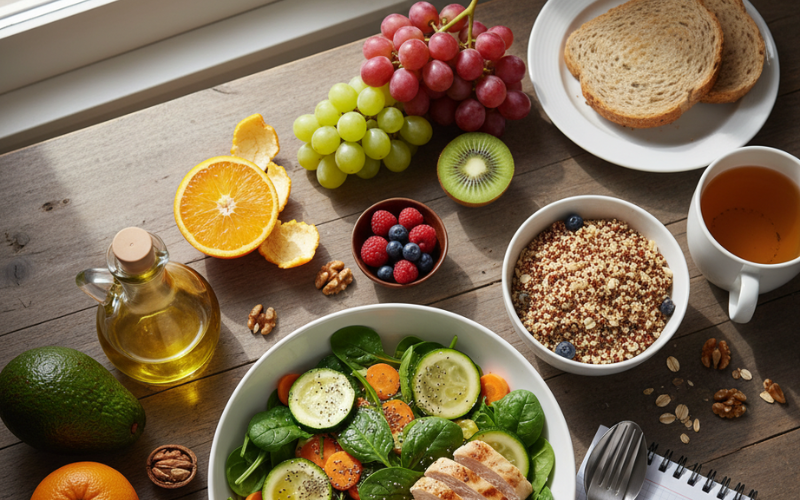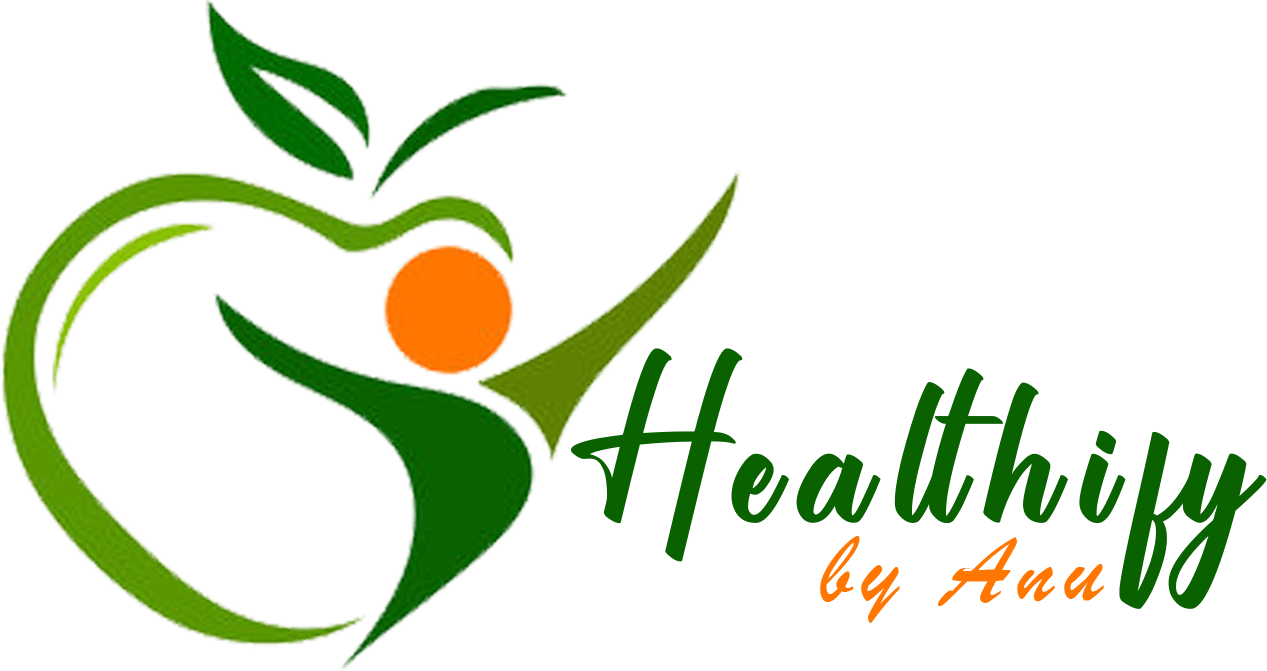What Is the Best Diet for Irritable Bowel Syndrome?

Recent Posts :
Categories :
Posted on :
October 30, 2025
Share :
Irritable Bowel Syndrome (IBS) is a common digestive problem that makes it hard to go to the bathroom regularly and causes pain and bloating in the abdomen. There is no one-size-fits-all answer, but food is an essential part of managing symptoms. Picking the best diet for irritable bowel syndrome and staying away from triggers can make a big difference in your daily health and well-being.
Which Foods Should You Include in Your IBS Diet?
Eating the right foods can help keep your stomach in check and ease your pain.
- Low-FODMAP foods: FODMAPs are fermentable carbs that can make IBS worse. Zucchini, carrots, spinach, rice, and quinoa are some examples.
- Lean proteins: Chicken, fish, tofu, and eggs, are easy to digest and full of good things for you.
- Fruits that are low in sugar: most people can handle berries, grapes, oranges, and kiwis.
- Oats and gluten-free grains: These give you nutrition without making your gut hurt.
- Healthy fats: Avocado, olive oil, and small amounts of nuts all help digestion without making you feel bloated.
Adding these things in the best diet for irritable bowel syndrome slowly helps your gut get used to them, which lowers the risk of IBS flare-ups.
Which Foods Should You Avoid?
Some foods are known to make IBS symptoms worse. So eliminate these foods from the diet chart for IBS patients.
- High-FODMAP foods: Some foods, like onions, garlic, broccoli, and beans, are high in FODMAPs and can make you gassy and bloated.
- Processed foods: Snacks, fast food, and ready-to-eat meals that come in a package often have ingredients that are bad for your gut.
- Dairy products with lactose: Milk, soft cheeses, and ice cream can make people who are lactose-sensitive sick.
- Carbonated and caffeinated drinks: Tea, coffee, and beers can make diarrhea or gas worse.
- Artificial sweeteners: Sorbitol and mannitol, can make you feel uncomfortable and bloated.
To keep your digestive system in order, you need to avoid or eat less of these foods.
How Can Fiber Help Manage IBS?
Depending on the type, fiber can be good for you or bad for you.
- Soluble fiber:It can be found in oats, psyllium, and chia seeds. It soaks up water, making going to the bathroom easier.
- Insoluble fiber: This type of fiber is found in raw veggies and whole grains, but it may make IBS worse for some people.
- Gradual increase: By slowly adding fiber, you can avoid rapid gas and bloating.
Working with a dietitian for a diet chart for IBS patients can help you figure out what kind of fiber you need and how much you need for your type of IBS.
In conclusion
Changing what you eat is one of the best ways to control Irritable Bowel Syndrome symptoms and make your life better. People can get their digestive system back in order by eating more low-FODMAP foods, lean proteins, and soluble fiber, and less high-FODMAP foods, processed foods, and some dairy products. Eating at regular times, watching how much you eat, and taking vitamins or probiotics when needed can all help keep your gut healthy. The best diet for irritable bowel syndrome can make daily life easier and more comfortable with careful planning and professional help.
FAQs
A low-FODMAP diet won’t fix IBS, but it can make symptoms a lot better. Long-term management usually involves figuring out what sets off each person and making changes to their food to accommodate those individual preferences.
Yes. A dietitian can create a custom eating plan, ensure that nutritional needs are met, and help people with IBS identify which foods trigger their symptoms. This makes managing the condition more effective.




